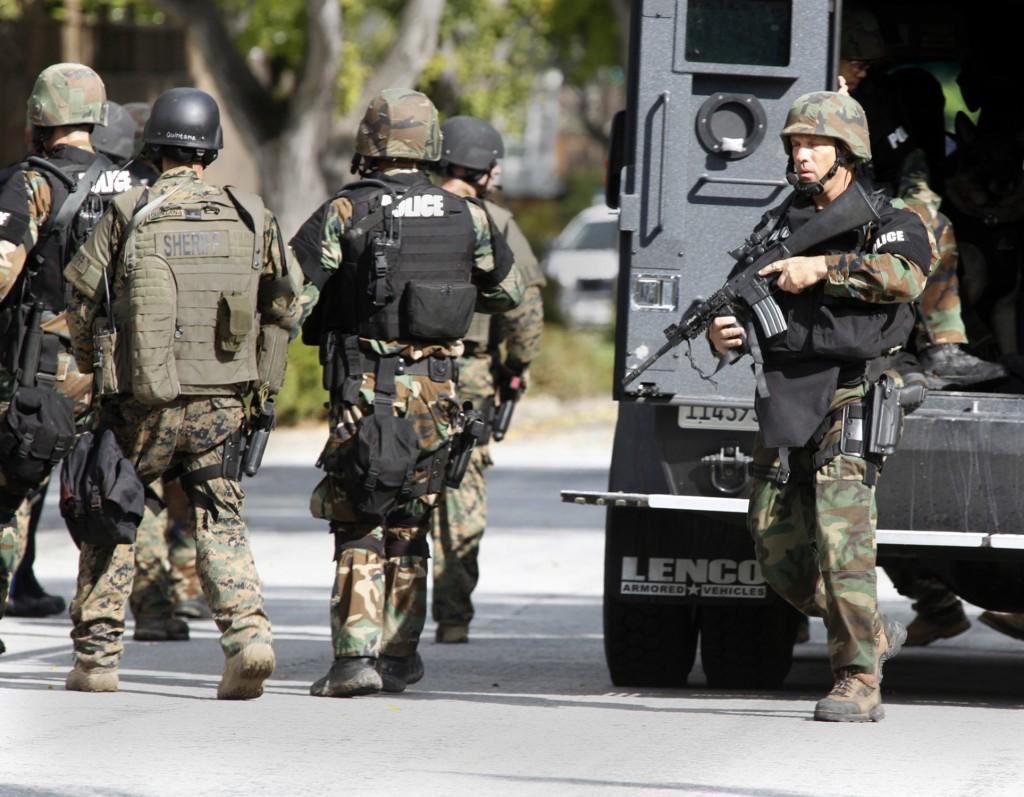Police Misconduct Needs More Attention
November 14, 2012

Hands on the steering wheel at 3:30 in the morning, I sleepily peer out through my windshield at the white lane markings on the Bronx Expressway. My (now ex) boyfriend is riding shotgun, passed out after an evening of empanadas at Havana Central and reruns of “Black Dynamite.” I envy him, desperately wanting to go to sleep myself, but someone’s got to drive him back home and I’m the only one with a driver’s license.
This was the routine for our weekly dates, all summer long. You’re probably wondering why Sharpie didn’t just take a taxi or a train to spare me. For one, taxis are terribly expensive—especially if you’re traveling from Westchester all the way into the Bronx. Plus, the waiting time for a train at that hour of the morning would have been brutal. But the reason was a lot more serious than that: I wouldn’t let Sharpie take a train home at night because I feared for his safety. Ironically, he wasn’t in danger from the hoodlum he might run into on his way home from the subway stop. He was in danger of the police.
The very things about Sharpie’s dress and physical appearance that I loved made him a prime criminal suspect in the eyes of NYPD: cocoa-toned skin, pouty lips, slightly-sagging jeans, the unsure bopping gate of a 22-year-old man. It didn’t matter how spotless his record was or how smart he was, or that he stood by his mother in a church pew every Sunday. He was young, black and male; therefore he fit the profile, giving police an excuse to abuse their authority and harass Sharpie in his own neighborhood almost everyday.
It is this abuse of authority that is feeding into my mistrust of the NYPD. This mistrust is not only based on Sharpie’s run-ins with idle policemen. It’s also rooted in the tragic, continuous stories of police misconduct (and the resulting fatalities) that have made headlines in recent months. It is exhausting to listen to stories of innocent people being molested by the very figures that are supposed to protect them. I urge my fellow citizens and our country’s law enforcement institutions to pay closer heed to these stories and to enact more severe punishments for police officers’ wrong actions that match the damage they have done.
Sometimes I feel like my late night drives with Sharpie were futile. It seems as though none of us are even safe within our own homes, much less our streets. Doubly concerning, the problem isn’t limited to New York. On Thursday, Nov. 1, Baltimore policeman Adam Lewellen was charged with planting false information in a search warrant affidavit so that he could enter a suspect’s private residence. On Friday, Oct. 25, the parents of 16-year-old Andrew Messina told CBS Atlanta that a SWAT team killed their son after the mother called for only one police officer to their home to persuade Andrew from killing himself. Then there is the story of Ramarley Graham, the 18-year-old that was followed by the police as he walked to his Bronx home (not far from Sharpie), then shot in front of his own grandmother and kid brother inside their bathroom on Thursday, Feb. 2. The police suspected Graham was carrying a gun, only to find he was only armed with a bag of marijuana.
The elderly aren’t immune to police violence, either. On Sunday, Nov. 19, 2011, 68-year-old veteran Kenneth Chamberlain was tasered, shot and killed by police in his White Plains home after he accidently called Life Alert on his medical alert pendant. To add to the tragedy, officers were ordered not to go into the house by the Life Alert agent that was on the case because Chamberlain’s call was just a mishap.
Left without convictions held against the officers that killed their son, the Messina’s are leading a lawsuit against the Cherokee County Sherriff’s Office. Though charged with manslaughter, the policeman that killed Graham was released on $50,000 bail. The police officer that killed Chamberlain was cleared of all criminal charges.
The statistics are just as horrifying as the stories. According to Term Life Insurance, 5,986 reports of police misconduct were reported from April 2009 to June 2010.
382 deaths were connected to those misconduct reports.
I see the grim faces of Graham and Messina’s mothers, realizing I could have easily have been that woman mourning a man I loved who died at the hands of New York’s Finest. Hearing the stories and reading the statistics, it’s not such a distant, melodramatic thought. We know that anyone can be a victim of police misconduct. But we must ask ourselves: are we going to hold police officers liable for the careless, unnecessary violence they spread in our communities? Or will we continuously sweep it under the rug, pretending our lives are somehow less valuable when in the presence of law enforcement?








